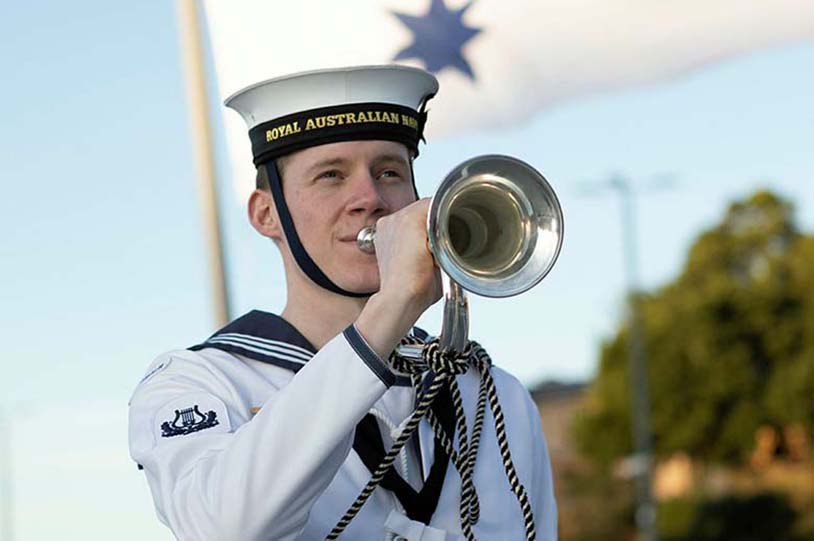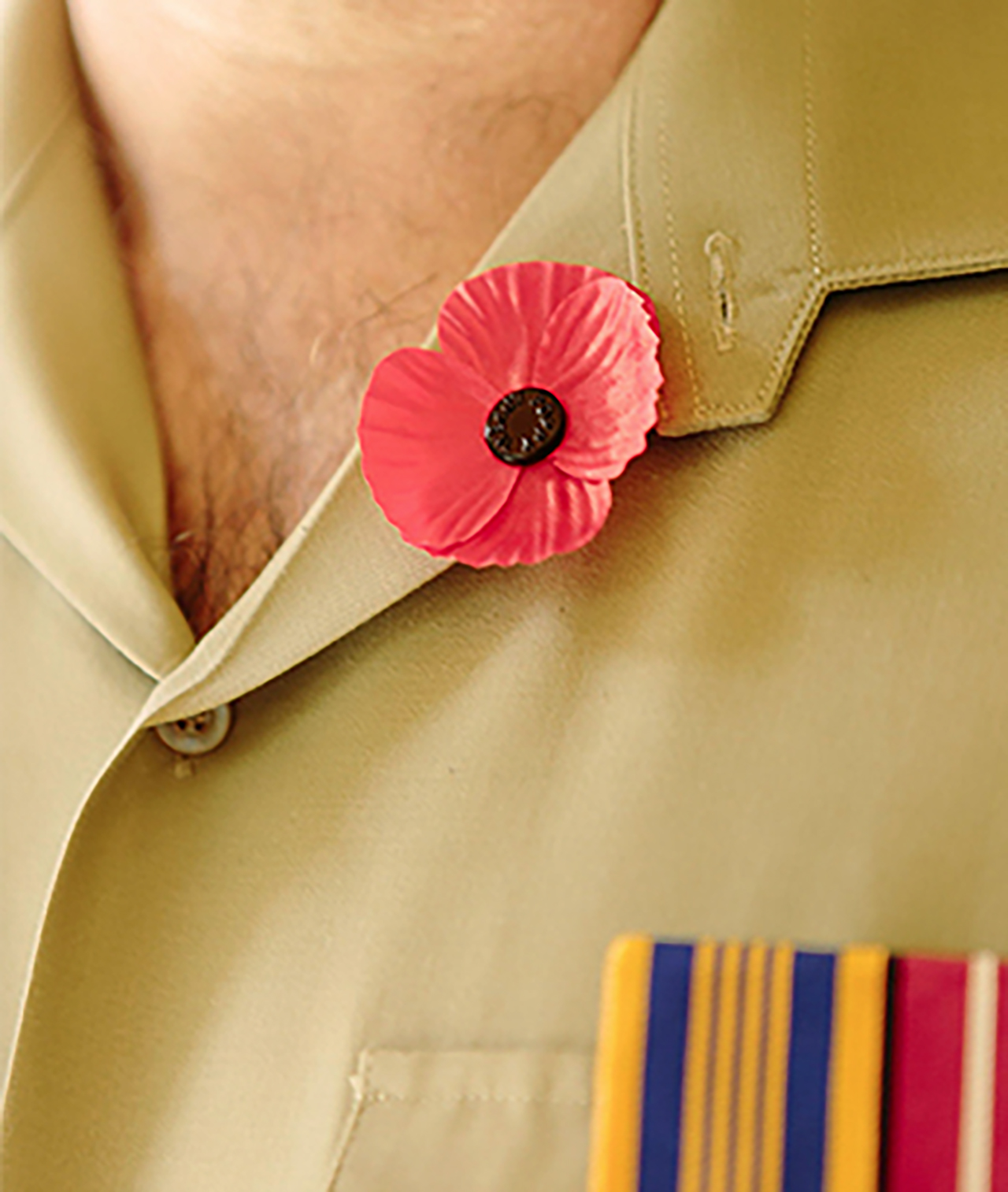
Proclamation Day
April 30, 2020
Proclamation Day
April 30, 2020REMEMBERANCE DAY 2020
Traditionally on Remembrance Day the Australian War Memorial hosts the nation’s key commemoration.
The ceremony includes a formal wreathlaying and the observance of a minutes silence at 11am. The ceremony includes the participation and support on parade of Australia’s Federation Guard and the Band of the Royal Military College, Duntroon. On 11 November 2020, in light of the restrictions resulting from the pandemic, the format of the ceremony was altered to ensure it complied with COVID-safe rules. The Australian War Memorial held a Remembrance Day commemorative ceremony attended by a limited number of invited guests; and broadcast live nationally across Australia by the ABC and made available afterwards on ABC iView.
Each year on this day Australians observe one minute’s silence at 11am, in memory of those who died or suffered in all wars and armed conflicts. Although Remembrance Day is different this year, the Australian War Memorial’s website includes different ways to help us commemorate wherever we are – at home, school or work.
On 11 November 1918, the guns of the Western Front fell silent after four years of continuous warfare. With their armies retreating and close to collapse, German leaders signed an Armistice, bringing to an end the First World War. From the summer of 1918, the five divisions of the Australian Corps had been at the forefront of the allied advance to victory. Beginning with their stunning success at the battle of Hamel in July, they helped to turn the tide of the war at Amiens in August, followed by the capture of Mont St Quentin and Pèronne, and the breaching of German defences at the Hindenburg Line in September. By early October the exhausted Australians were withdrawn from battle. They had achieved a fighting reputation out of proportion to their numbers, but victory had come at a heavy cost. They suffered almost 48,000 casualties during 1918, including more than 12,000 dead.
In the four years of the war more than 330,000 Australians had served overseas, and more than 60,000 of them had died. The social effects of these losses cast a long shadow over the postwar decades.

Remembrance Day is not a public holiday in Australia, however many workers stop what they are doing at 11am for a minute of unified silence before resuming work again.
Many Australians stop what they are doing at exactly 11am in their local times on November 11 each year to dedicate a minute of silence for those who died in war, especially soldiers from as far back as World War I. Those who join in this act of remembrance include teachers, students, politicians, and workers of public and private sector enterprises.





